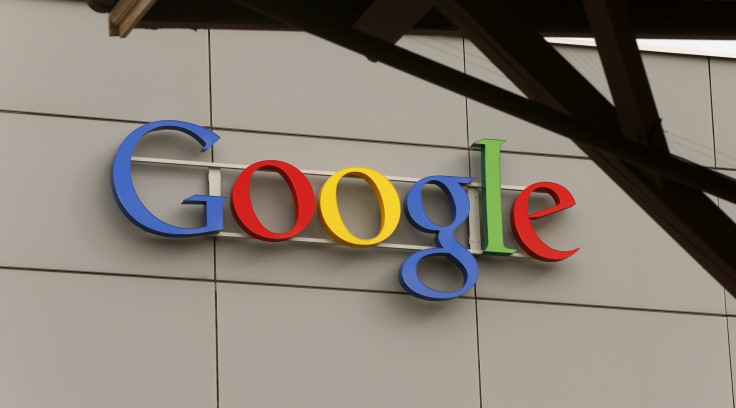Google Seeks Common Cause With Media Firms Over Ad Blocking

By Eric Auchard
FRANKFURT, Germany (Reuters) -- Google says European media firms, often the search giant's harshest industry critics, share a common threat because a surge in ad-blocking technology is a threat to all businesses dependent on advertising.
Carlo d'Asaro Biondo, Google's president for EMEA strategic relationships, told a media conference in Munich on Thursday that consumers "hate bad ads", and that Google and content creators must do more to protect consumers from obtrusive ads.
"The problem is that ad blockers that block all ads are throwing the baby out with the bathwater," d'Asaro Biondo said, according to prepared comments for the conference. "We need to work together to create a standard for better ads online."
His comments came as part of a six-month charm offensive by Google - its Digital News Initiative - to win over newspaper publishers with collaboration on technology, digital newsroom training and funding for small-scale media innovation projects.
Over the past decade, the media industry has often accused Google of making money at its expense by making its content freely available via Google News, YouTube and other services to drive audiences to view ads on Google sites instead.
While critics have derided Google's Digital News Initiative as offering token handouts to the media industry, some 100 European publishers have signed up to the project since April, d'Asaro Biondo said, up from just 11 initial partners.
He said those taking part are free to choose how much they participate and do not need to buy into Google's "worldview".
Europe's online advertising market grew to 30 billion euros ($33 billion) in 2014, according to industry figures.
This is the lifeblood of publishers and other content creators and Google aims to make it easier for news organizations to get their share, d'Asaro Biondo said.
Two weeks ago, Google announced a service it calls Accelerated Mobile Pages (AMP) designed to speed the loading of news pages in mobile phone browsers, potentially reducing reader complaints about ads slowing down page retrievals. AMP will begin running in Google Search early in 2016, he said.
Google gets about 90 percent of its revenue from ads.
Germany's biggest newspaper publisher Axel Springer last week banned readers who use ad blockers from its Bild tabloid website, stepping up a fight by publishers to stop online advertising revenues being eroded.
Some 200 million people used ad blockers last year, up 40 percent from a year earlier, resulting in $22 billion in lost advertising revenue, according to a recent study by Adobe and PageFair, an anti ad-blocking technology company.
($1 = 0.8958 euros)
(Editing by David Clarke)
© Copyright Thomson Reuters 2024. All rights reserved.





















